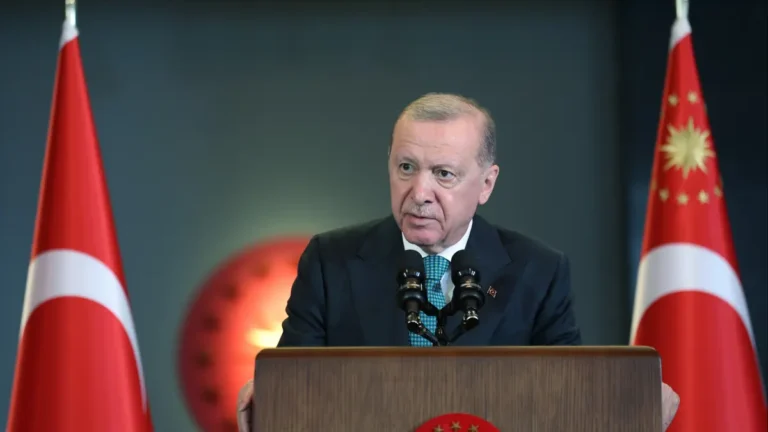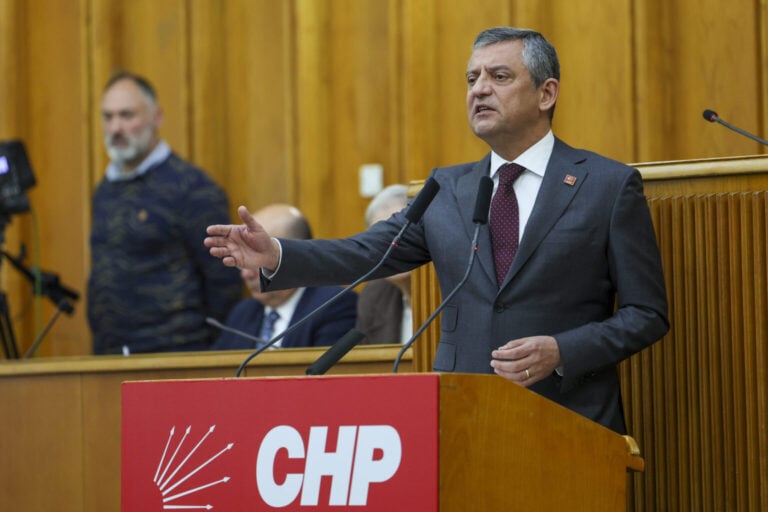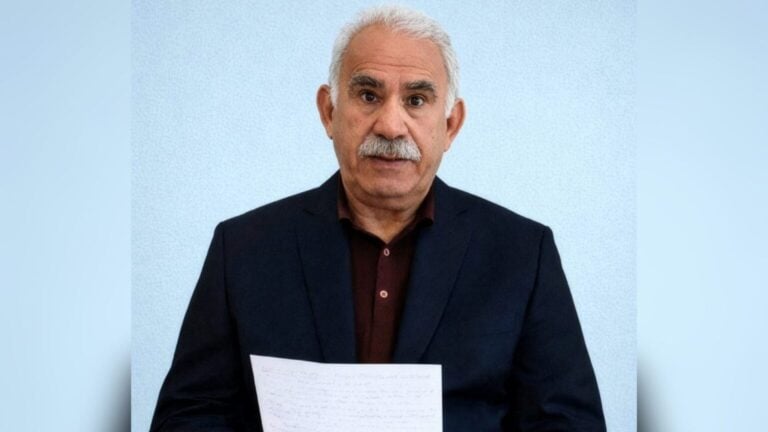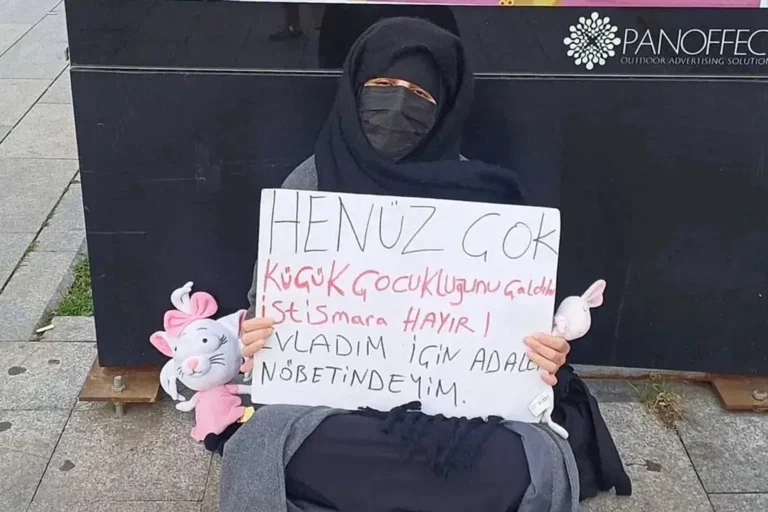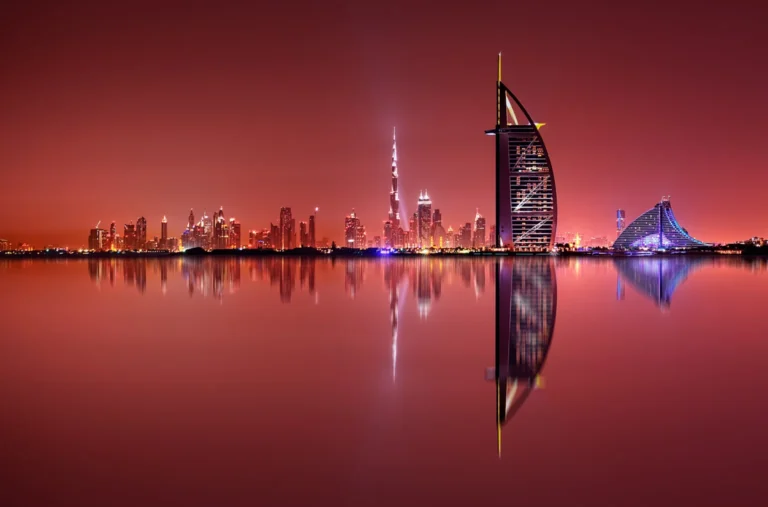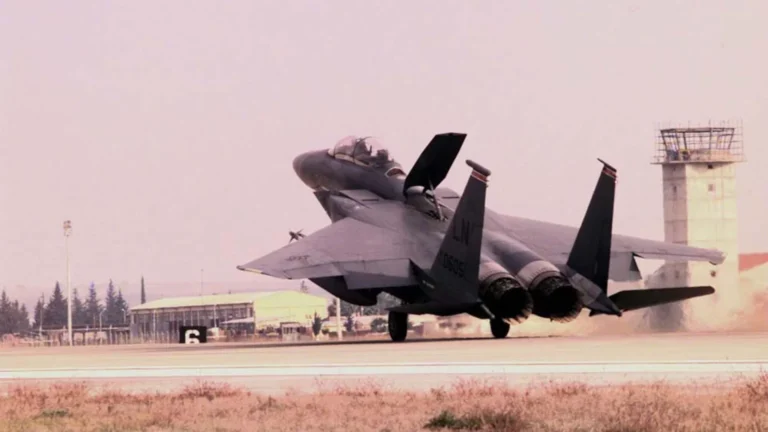On Friday (July 11), 30 PKK fighters set fire to their weapons in a disarmament ceremony in northern Iraq, following the group’s announcement in early May declaring the end of armed struggle against the Turkish state. The ceremony was attended by members of the media as well as several pro-Kurdish politicians from Turkey. The following day, President Recep Tayyip Erdoğan made a major speech praising the ceremony as a historic milestone.
Friday’s disarmament ceremony and Erdoğan’s subsequent speech represent the latest step in an ongoing solution process aimed at solving Turkey’s long running Kurdish issue, which has included clashes with Kurdish Workers Party (PKK) militants over the past 40 years.
Following a press conference that included statements from the PKK leadership, all 30 militants placed their weapons in a large cauldron, where they were set on fire.
In her comments at the ceremony, PKK official Bese Hozat emphasized the need for further pro-democratization steps to be taken in Turkey: “Undoubtedly, for this historic initiative to succeed, very serious legal reforms are needed. There is a serious need for legal and constitutional amendments; these are essential.”
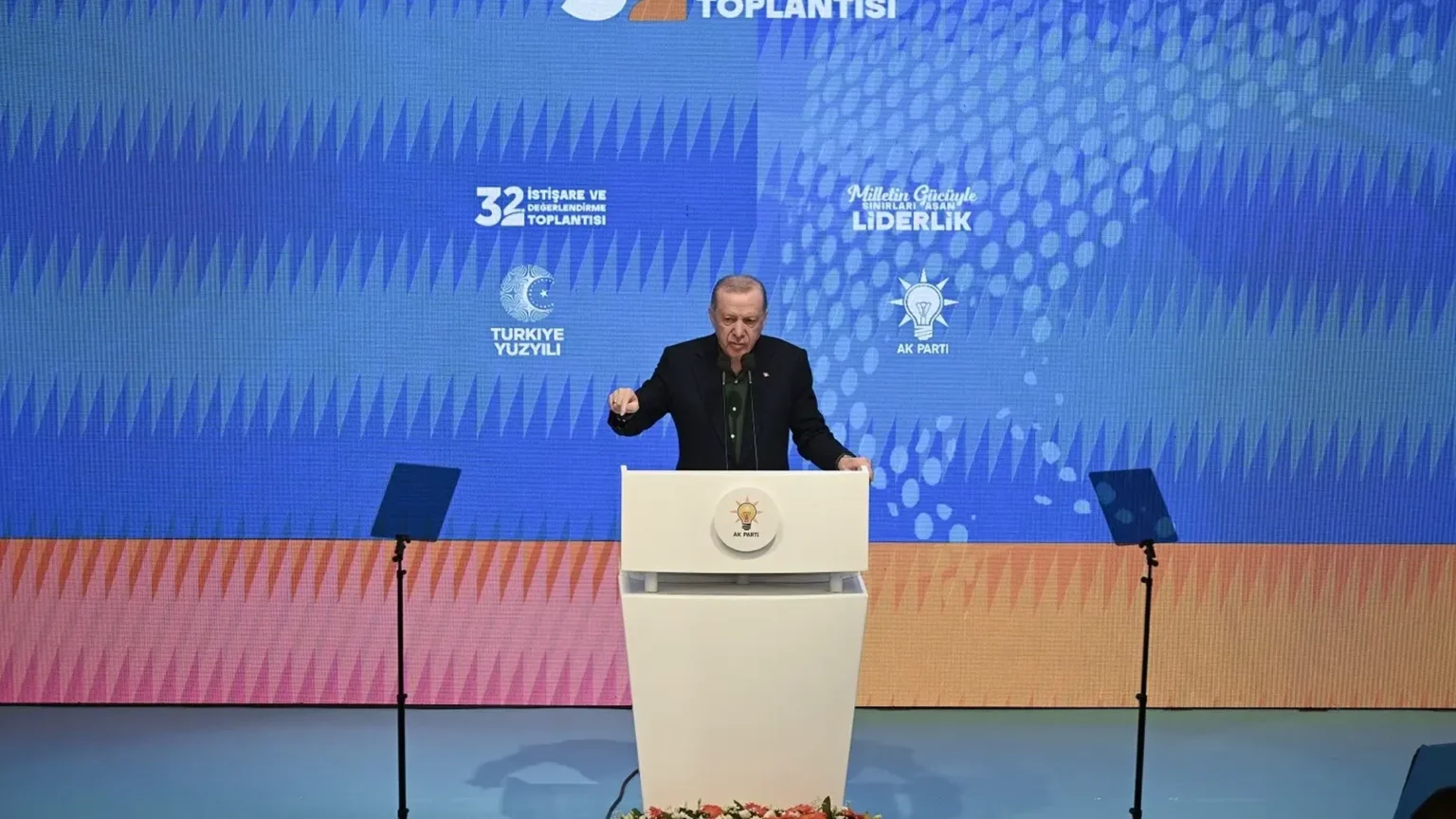
Erdoğan hails end of terrorism in Turkey
In his speech Saturday, Erdoğan hailed Friday’s ceremony as a major milestone, saying “As of yesterday, the 47-year-old scourge of terrorism entered the process of ending,” referencing the PKK’s founding in 1978.
Erdoğan also mentioned the high death toll since the beginning of the PKK’s insurgency in Turkey in August 1984: “I pray that God has mercy on our nearly 50,000 martyrs.”
Other comments by Erdoğan in the speech were labelled as ‘neo-Ottoman’ and a play for votes from ethnically Kurdish and Arab citizens of Turkey:
“Turkish, Kurdish, or Arab, our 86 million citizens have won today…Our victories in Malazgirt, Jerusalem, Istanbul, Çanakkale, and our War of Independence were common victories of Turks, Kurds, and Arabs. When you say Turk, you think of Muslim, and when you say Muslim, you think of Turk.”
Erdoğan also praised the participation of Turkey’s pro-Kurdish DEM Party in the solution process, as well as his main coalition partner, the ultranationalist National Action Party (MHP).
The solution process has marked a major turnaround in relations between Erdoğan’s Justice and Development Party (AKP), the MHP and the DEM Party. For years, elected officials from DEM and other pro-Kurdish parties have been removed, imprisoned, and replaced for alleged terror connections in what became known as the ‘kayyum’ (trustee) system. MHP leader Devlet Bahçeli had issued numerous calls for the People’s Democratic Party (HDP), the pro-Kurdish DEM Party predecessor, to be shut down.
Key questions remain about how the solution process will continue to unfold. Support from the DEM Party in parliament would allow Erdoğan to make a constitutional change necessary to secure his eligibility for a third term in 2028. Additionally, the transfer of PKK leader Abdullah Öcalan to house arrest and the freeing of imprisoned former HDP leader Selahattin Demirtaş have also been rumored.
DEM Party spokespeople have clarified that the party has not entered a formal coalition with Erdoğan’s AKP, and that the current cooperation is “within the framework of solving the Kurdish issue.”
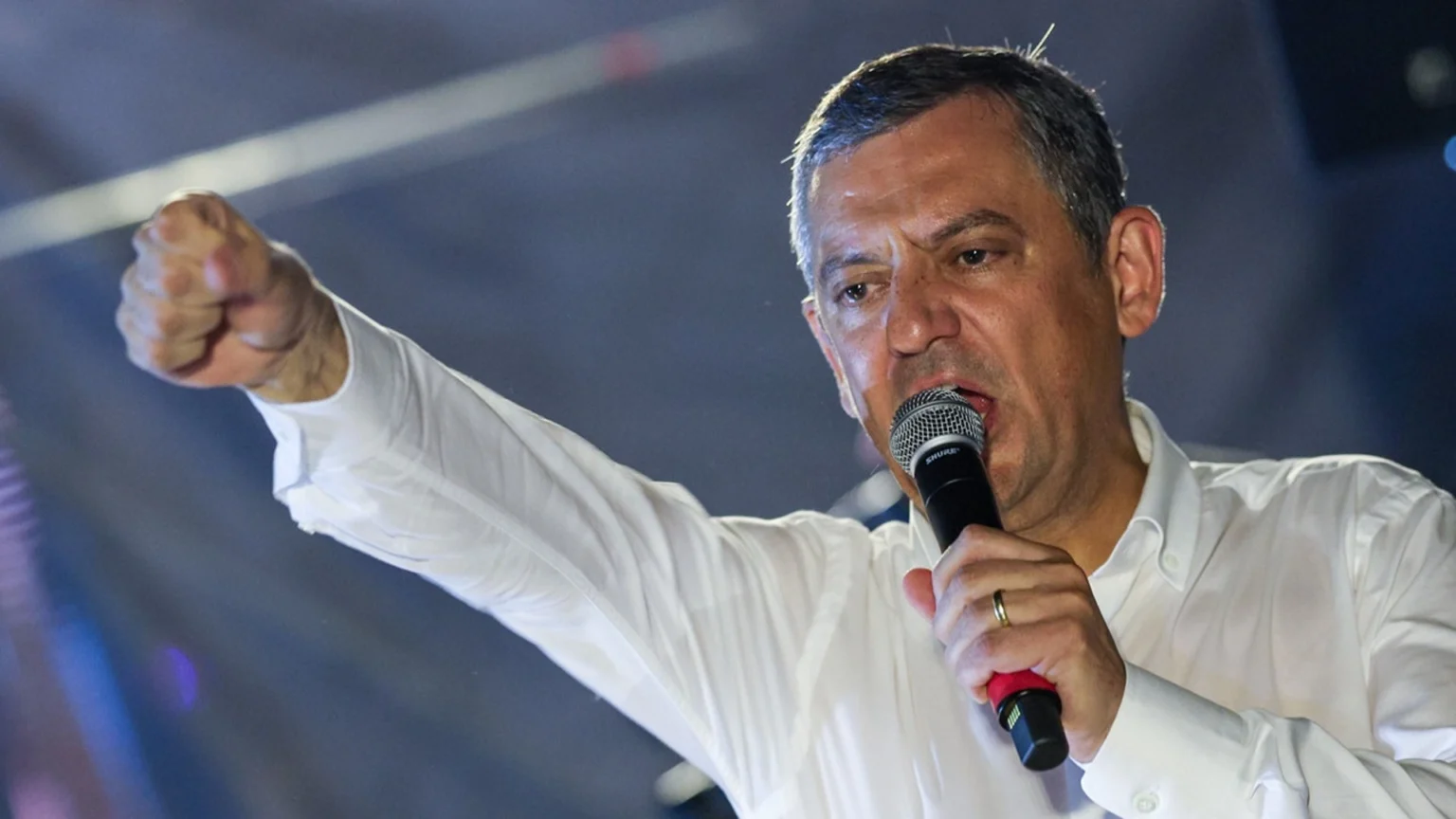
Özel responds
Özgür Özel, leader of Turkey’s main opposition Republican People’s Party (CHP), responded to the weekend’s developments, saying:
“Our party is on the side of peace…We are pleased by the symbolic disarmament of the PKK that we have witnessed today. We thank all officials who have participated in this process, particularly the late Sırrı Sürreya Önder.”
Sırrı Süreyya Önder, a member of the DEM Party’s official delegation in the peace process, passed away in early May following a heart attack.
At a political rally in Adıyaman on Sunday (July 13), Özel spoke more negatively regarding the solution process:
“Erdoğan feels alone, as his support has dropped to only 29%. He’s grown old and is no longer able to govern. He’s trying to squander a historic opportunity to give the appearance of a new alliance so that he can maintain his power a little longer,” suggesting that the president is pursuing the solution process in order to secure the parliamentary votes necessary to run for a third term.
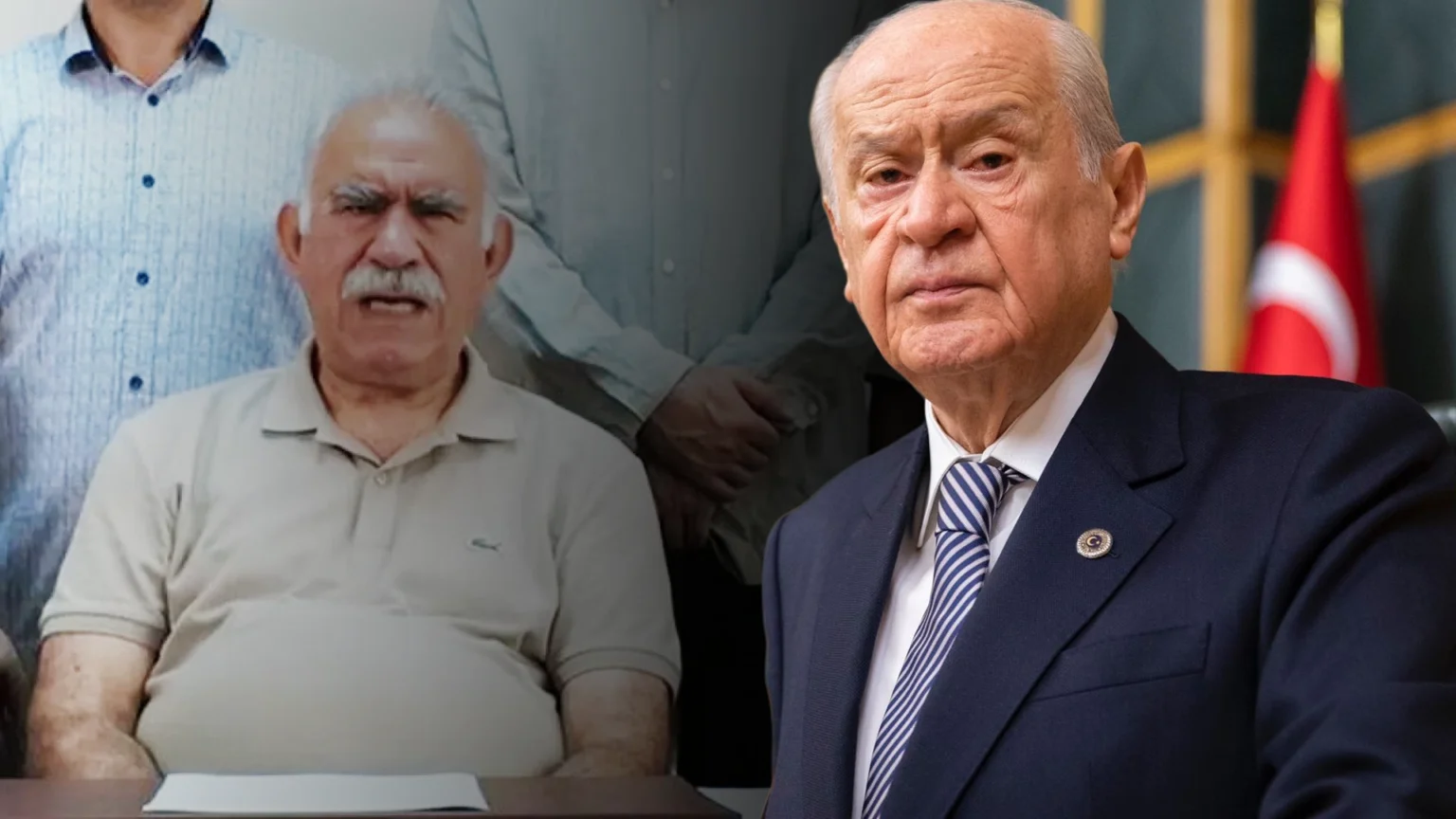
Öcalan compliments Bahçeli
In one of the more surprising developments of the solution process, exclusive reporting from Medyascope last week revealed that PKK leader Abdullah Öcalan wrote a letter describing MHP head Devlet Bahçeli as “the greatest statesman Turkey has seen since Atatürk.”
A speech by Bahçeli at the opening of the Turkish Parliament last October had kick-started the solution process. In the speech, Bahçeli had suggested that Öcalan could be moved to house arrest in exchange for dissolving the PKK.
Öcalan’s heaping of praise on the MHP chairman came as a surprise given that Bahçeli, a hard ultranationalist, had previously called for the PKK leader’s execution. Öcalan’s original death sentence was commuted to life imprisonment after the abolition of the death penalty in Turkey in 2002.
Furthermore, Öcalan’s casting of Turkish founding father Atatürk in a positive light came as a surprise to many, given the PKK leader’s 40-year armed struggle against the Turkish state.
Bahçeli had praised the developments following the PKK’s disarmament ceremony Friday, saying: “A terror-free Turkey is the path to a future filled with prosperity, security, and peace. Bad memories will be left behind, and the Turkish nation will be the architect of the new century.”
Major speech by Erdoğan follows PKK disarmament ceremony Written/translated for Medyascope by Leo Kendrick





